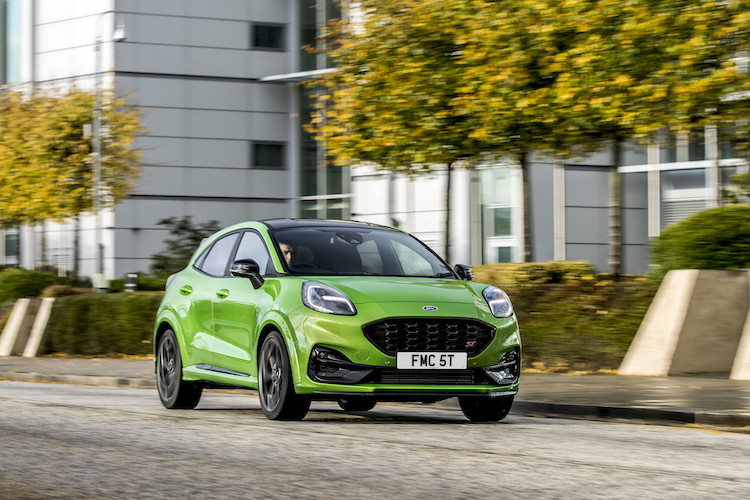
The United Kingdom’s new car market has recorded its best year since the pandemic as December 2023, up 9.8%, wrapped up the 17th month of consecutive growth.
More than 1.903 million new cars were delivered in the UK during 2023 – an increase of 17.9%, according to the Society of Motor Manufacturers and Traders (SMMT).
Growth was driven entirely by fleet investment as the previous year’s supply constraints faded and helped fulfil pent-up demand.
Fleet deliveries in the UK rebounded by 38.7% year on year to 1,041,350 units.
Private consumer demand remained stable at 817,673 units after a strong recovery in 2022.
While the overall new car market remains -17.7% below pre-pandemic levels, the surge in uptake compared with the previous year saw the value of new car sales jump more than £10 billion to around £70 billion, with 288,991 additional vehicles reaching the road.
Buyers showed a continued preference for superminis, dual-purpose and lower medium cars, which accounted for 29.8%, 28.6% and 28.2% of the market respectively. These three segments have been the most popular since 2013.
Drivers continued to invest heavily in low and zero-emission vehicles – which meant average new car CO2 fell by -2.2% to 108.9 g/km. Hybrid electric vehicles (HEVs) recorded robust growth, up 27.1% to reach a 12.6% market share. Plug-in hybrids (PHEVs) also enjoyed a strong year, with a 39.3% increase in registrations to account for 7.4% of the market.
Battery electric vehicle (BEV) uptake reached a record volume – up by almost 50,000 units with 314,687 new registrations. Indeed, 2023 saw more BEVs reach the road than in 2020 and 2021 combined. BEV volumes fell by -34.2% in the last month of the year, but this is a reflection of an abnormal December 2022 when significant numbers of orders were able to be fulfilled in the month.
BEVs accounted for one in six new cars registered in 2023, with the majority taken by business and fleet buyers who benefit from compelling tax incentives. In contrast, one in 11 private buyers chose a BEV. Since the end of the Plug-in Car Grant in June 2022, the UK is the only major European market with no consumer BEV purchase incentives – but it is now also the only market with mandated minimum targets for new ZEV registrations.
“With vehicle supply challenges fading, the new car market is building back with the best year since the pandemic. Energised by fleet investment, particularly in the latest EVs, the challenge for 2024 is to deliver a green recovery,” SMMT chief executive Mike Hawes says.
“The Government has challenged the UK automotive sector with the world’s boldest transition timeline and is investing to ensure we are a major maker of electric vehicles. It must now help all drivers buy into this future, with consumer incentives that will make the UK the leading European market for ZEVs.”
Ford celebrates a UK best-seller
The Ford Motor Company is celebrating another model becoming the market’s best-selling new vehicle, but this time it’s not a Ranger or an F-150.
With 49,591 deliveries in 2023, the Ford Puma light SUV led the UK new car market.
Following the Puma in the UK top five selling vehicles were the Nissan Qashqai (43,321), the Vauxhall Corsa (40,816), the Kia Sportage (36,135) and the Tesla Model Y (35,899) which was also the nation’s best-selling battery electric vehicle.
Following the Model Y in the UK’s top five selling battery electrics were the MG4 (21,715), Audi Q4 etron (16,757), Tesla Model 3 (13,536), and the Polestar 2 (12,542). Since the end of the Plug-in Car Grant in June 2022, the UK has been the only European market with no consumer BEV purchase incentives – but it is now the only market with mandated minimum targets for new ZEV registrations.








